Now Reading: 10 Surprising OCD Themes Beyond Cleanliness
-
01
10 Surprising OCD Themes Beyond Cleanliness
10 Surprising OCD Themes Beyond Cleanliness

Speedy Summary
- Obsessive-compulsive Disorder (OCD) is a mental health condition involving distressing, intrusive thoughts (obsessions) and repetitive behaviors (compulsions).
- Popular media often portrays OCD as quirky or positive, focusing primarily on themes of cleanliness and orderliness.
- Intrusive thoughts in OCD frequently attack areas individuals value most, such as relationships, family, religion, or self-worth.These thoughts can involve taboo or violent subjects.
- Common subtypes addressed include:
– Postpartum OCD: Anxiety from intrusive thoughts about harming oneS baby.
– Incest OCD: Intrusive fears of sexual attraction toward family members.
– Pedophilia-themed OCD (POCD): Unwanted worries about causing sexual harm to children despite moral opposition to such actions.
– Sexual Orientation OCD (SO-OCD): Intense need for certainty about one’s sexual identity or attraction.
– Suicide-themed OCD: Fear-inducing intrusive images of self-harm without true suicidal desire but extreme avoidance behavior linked with those fears.
– Harm-focused OCD: Concerns over accidentally harming others, oneself, or irrational fears about becoming perilous despite wanting the opposite.
Read more here Link.
Indian Opinion Analysis
The article highlights significant misconceptions regarding Obsessive-Compulsive Disorder globally-including its general portrayal as a harmless quirk in popular media. Such misrepresentations contribute to misinformation around nuanced aspects like “Pure O” themes that exist exclusively in mental cognition versus physical compulsions.In India, where awareness regarding mental health disorders is steadily increasing but remains limited outside urban centers, understanding these lesser-known forms of OCD is vital for fostering empathy and informed dialog surrounding psychiatric illnesses. It underscores the importance for Indian healthcare frameworks to adapt culturally sensitive approaches when addressing stigmatized topics like incest-related obsessions among patients due basic misinformation-induced guilt particularly patient hesitancies reaching treatment konz skilled therapeutic spots.brQuick Summary
- Obsessive-Compulsive Disorder (OCD) Subtypes and Themes:
– Death OCD: Involves obsessive fears about one’s own death, loved ones’ deaths, or the afterlife. Common compulsions include reassurance-seeking, avoidance of triggers like hospitals/cemeteries, and magical thinking (e.g., linking superstitious events to imminent death).
– Religious/Moral Scrupulosity OCD: Obsessions center around moral/religious purity, sinning, or divine punishment. Compulsions may include repetitive prayers or confessions and hyper-vigilance toward perceived ethical or religious infractions.
– Relationship OCD (ROCD): Focuses on doubts about relationships-love for a partner, attraction levels, infidelity fears-which can lead to compulsive behaviors like seeking reassurance from others or testing relationship dynamics.
– Meta OCD: Centers on questioning the legitimacy of one’s own OCD diagnosis/treatment progress.Can create a cycle of rumination and behaviors like over-researching symptoms or obsessively second-guessing therapy.
- Common across all subtypes: A core struggle with uncertainty and intrusive thoughts that disrupt daily functioning.
Indian Opinion Analysis
The outlined variants of Obsessive-compulsive Disorder reflect how mental health conditions encompass deeply personal yet universally relatable themes such as morality, relationships, existential fears, and self-doubt. The severity lies in their debilitating impact-causing sufferers to excessively focus on intrusive thoughts grounded in slim probabilities rather than actual threats.
For India-a country where mental health awareness is steadily growing but stigmatized discussions still persist-such detailed explorations underscore an urgent need for accessible therapeutic resources nationwide. With burgeoning advocacy initiatives already de-stigmatizing conditions like anxiety disorders through art and education campaigns internationally (“Made of Millions Foundation”),similar localized adaptations could make invaluable contributions to Indian society’s understanding of these issues. enhancing awareness would not only improve life quality but encourage timely professional care-seeking behavior among sufferers.
Read More: SourceQuick Summary
- The article discusses themes of OCD that extend beyond cleanliness.
- it highlights various manifestations of obsessive-compulsive disorder (OCD) that are less commonly recognized or stereotyped.
indian Opinion Analysis
Obsessive-compulsive disorder is a significant mental health issue impacting individuals worldwide,including in India. Understanding diverse OCD themes beyond cleanliness could foster awareness and break stereotypes associated with the condition.For india, this could encourage conversations about mental health challenges and push for more inclusive healthcare strategies to address invisible or misunderstood struggles like OCD.
























